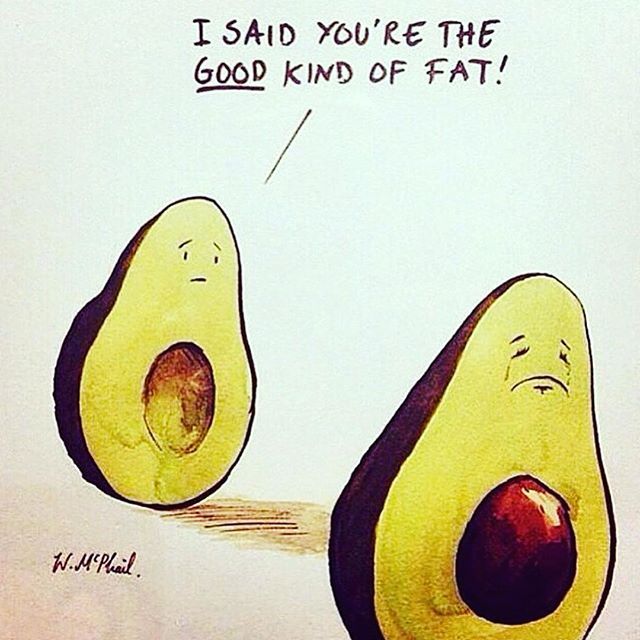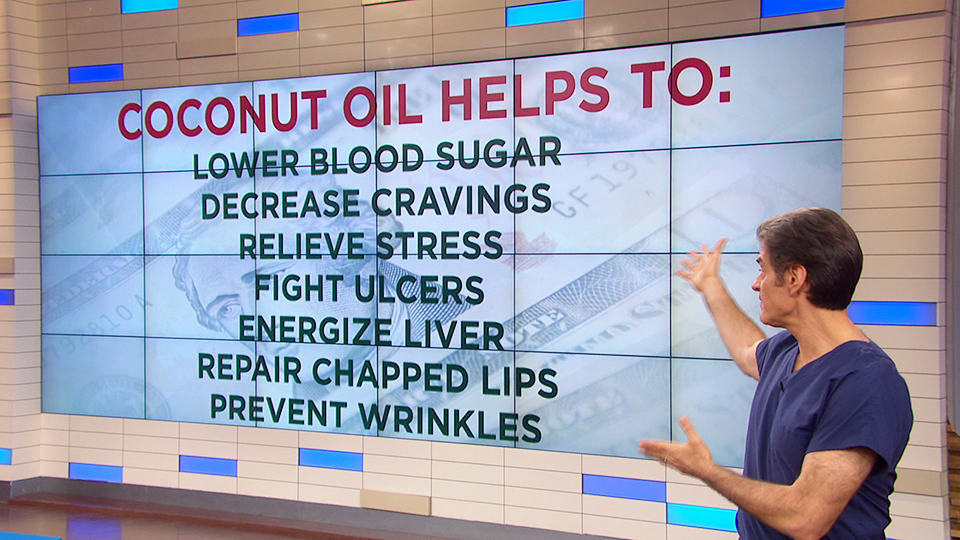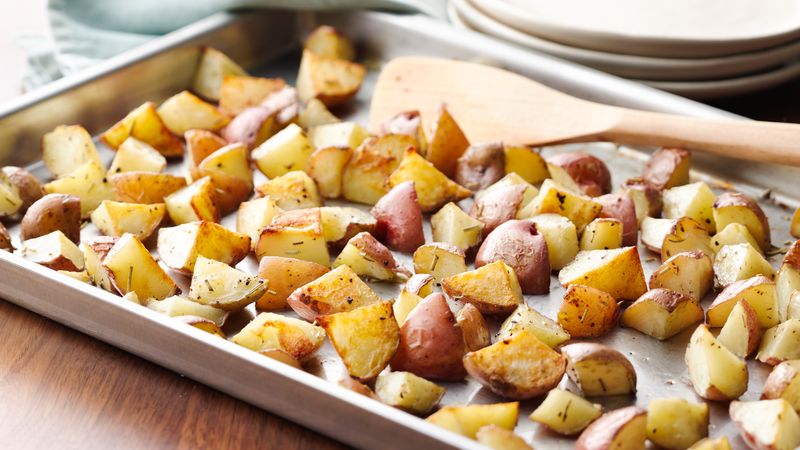Saturated fat — good or bad for you?
By Susan Burke March, MEd, RDN, CDE
Is saturated fat good for you? Are burgers and butter better for you than polyunsaturated seed oils or monounsaturated fats like olive oil?
As reported in the New York Times, a study published in the Annals of Internal Medicine suggested that saturated fats have been wrongly demonized as the cause of heart disease.

Researchers pooled “meta-analysis” of 72 existing studies that reviewed the effects of the four types of dietary fats: saturated, polyunsaturated, monounsaturated, and trans fats. They then evaluated the associated risk for heart disease: arteriosclerosis, angina, heart attack or sudden death.
The conclusion? They found only trans fats, the man-made fats we know as shortening (think Crisco) or margarine, were definitively linked to heart disease.
But the media headlines were quite misleading — it was reported that saturated fat was “good for you.”
Does this mean it’s pig-out time on burgers, butter, and bacon? After all, they’re high in saturated fat but not trans fats.
No. Reading the study carefully, it’s obvious that the study did not conclude that more butter is better, just that some butter isn’t bad.

Since it was published, some important scientists and nutritionists have criticized the study.
Walter Willet, chair of the nutrition department at the Harvard School of Public Health in Boston says “They have done a huge amount of damage. I think a retraction with similar press promotion should be considered.”
One study author has said the study was “wrongly interpreted by the media,” and emphasized that the conclusions shouldn’t lead people to think they can now eat fat with abandon. Another author said that although the study concluded that saturated fat was not responsible for heart disease, fish and vegetable oils are better for you.
As explained in the Harvard Health Letter, the word “saturated” refers to the number of hydrogen atoms surrounding each carbon atom. The chain of carbon atoms holds as many hydrogen atoms as possible, and if the fat is saturated, it’s saturated with hydrogen molecules. Saturated fats are solid at room temperature — think cooled bacon grease or a combination food like cheese. Other typical sources of saturated fat are red meat, coconut oil, and many commercially prepared baked goods and other foods.
Science is defined as observation and experimentation
Accepted theories are the best explanations available so far for how the world works. Theories have been thoroughly tested, are supported by multiple lines of evidence, and have proved useful in generating explanations and opening up new areas for research. However, science is always a work in progress, and theories change.
There has been a profound shift from traditional, whole-foods diets typical to cultures around the world, toward the Standard American Diet (SAD), and consuming large quantities of unnatural, sugary foods, fatty processed meats, and industrialized foods.
We drink more juice but we eat little whole fruit and vegetables. Children’s diets are full of sugar, including flavored and sugared milk. Too many times I’ve observed mothers fill infant’s bottle with soda pop, something you’ve probably seen too.
Instead of healthy fats from avocado, fatty fish, from nuts and seeds, the SAD includes an excess of industrialized and refined polyunsaturated “vegetable” oils. These oils are linked to an increased risk for inflammation and could be an influencing factor in the explosion in the rate of type 2 diabetes.
We’ve known for a long time that all fats aren’t “bad” and many sources of fat are healthful. But It’s the type of fat, whether it’s from whole fresh foods, and the quantity of fat in your diet that makes it healthy or harmful.
Commenting in the Huffington Post, Dr. David Katz noted that saturated fat is not just a single food component. There are many saturated fats, and some have known health benefits (such as stearic acid, found in dark chocolate).
The same can be said about polyunsaturated fatty acids. We know that omega-3’s (abundant in fatty fish and some nuts) are heart healthy. But an overabundance of omega-6s (especially from refined vegetable oils) may be pro-inflammatory.
What about coconut oil, which is solid at room temperature — a saturated fat? There’s been a lot of hype, about coconut oil over the past few years. I’ve seen claims that coconut oil can reverse diabetes and cure Alzheimer’s disease…and more. Dr. Oz featured it on his show as a miracle food (ah, Dr. Oz… when it sounds too good to be true…).

The health claims are unfounded. There is no credible or peer-reviewed research that backs up any extraordinary health claims for coconut oil.
You may like the taste of coconut oil, and that’s fine. Coconut oil, being a plant fat, may be healthier than other types of saturated fats, for example, from fatty meats, but just adding oil, even coconut oil, to your diet is not a good idea! All fat has about 100 calories per tablespoon, regardless of the source, be it coconut oil, butter, peanut oil, olive oil, or other.
Just adding coconut oil or any oil (I’ve seen similar claims for flaxseed oil) to your usual diet without a compensation of calories from other foods in your diet is the fastest way to make you fatter.
Obesity is the critical driver of chronic diseases throughout the world. Whereas malnutrition used to be the most significant public health problem in developing countries, today over-nutrition and childhood and adult obesity lead to type 2 diabetes, heart disease, arthritis, and many cancers.
And if you’re watching your weight and your waist, an easy modification is to see where you might cut some added fats, for example, maybe it’s the butter you’re putting on your bread or slathering onto your potatoes. A hamburger can fit into your healthy diet, but not when you smother the meat with cheese and gobs of mayo-based dressing.
My focus is always weight management — in a healthy way. Not by “going on a diet” but by making modifications to your usual diet, so you can manage your weight without deprivation. One of the most practical ways is to manage your added fat intake.
Food preparation is crucial to calories. Grill rather than deep-fry. Sauté in broth rather than browning in oil. Ask for sauces “on the side.” Cut calories without sacrificing taste.
Make your food your friend, and as you would friends, choose wisely. Digestion starts in your mouth, and if you’re like me, you need to make an effort to slow it down (I’m a charter member of the ‘Speed Eaters Club). Select the best foods you can afford, and savor the flavor. Buen Provecho!

Enjoy this recipe for Roasted Garlic Potatoes, adapted from the FoodNetwork.com
Ingredients
3 pounds small red or white potatoes: scrubbed
1/4 cup good olive oil or other oil – organic avocado, sesame, or walnut oils are flavorful
1 teaspoon unrefined salt – I like sea salt
1 teaspoon freshly ground black pepper
2 tablespoons minced garlic (6 cloves)
2 tablespoons minced fresh parsley or cilantro
2 tablespoons minced fresh chives
Directions
Preheat the oven to 400 degrees F, 205 degrees C.
Cut the potatoes in half or quarters (bite-sized). Toss with olive oil, salt, pepper, and garlic until the potatoes are well coated. Spread the potatoes out in one layer on a sheet pan. Roast in the oven for 45 minutes to 1 hour or until browned and crisp – after the first 20 and then 40 minutes flip with a spatula to ensure even browning.
When done, toss with fresh herbs, season with a grind of salt and pepper, and serve hot.
Susan Burke March, a Cuenca expat, is a Registered Dietitian/Nutritionist and a Certified Diabetes Educator who specializes in smart solutions for weight loss and diabetes-related weight management. She is the author of Making Weight Control Second Nature: Living Thin Naturally — a fun and informative book intended to liberate serial dieters and make healthy living and weight control both possible and instinctual over the long term. Contact her at SusantheDietitian@gmail.com





















